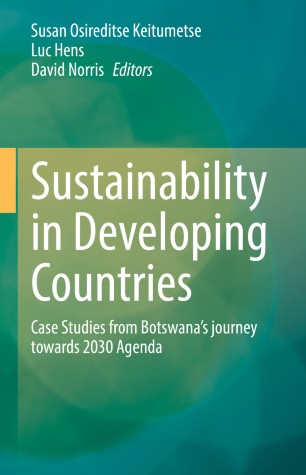

Most ebook files are in PDF format, so you can easily read them using various software such as Foxit Reader or directly on the Google Chrome browser.
Some ebook files are released by publishers in other formats such as .awz, .mobi, .epub, .fb2, etc. You may need to install specific software to read these formats on mobile/PC, such as Calibre.
Please read the tutorial at this link. https://ebooknice.com/page/post?id=faq
We offer FREE conversion to the popular formats you request; however, this may take some time. Therefore, right after payment, please email us, and we will try to provide the service as quickly as possible.
For some exceptional file formats or broken links (if any), please refrain from opening any disputes. Instead, email us first, and we will try to assist within a maximum of 6 hours.
EbookNice Team

Status:
Available4.4
35 reviewsThis book illustrates an alternative approach to ‘state of sustainability’ reporting by presenting cross-sectoral and multi-disciplinary discussions on sustainability issues in the context of a developing country, Botswana. The book volume illustrates how academic publishing can supplement African governments' existing forms of reporting on sustainability by providing on-ground detailed descriptions and experiences relating to achievement of the various sustainable development goals (SDGs). In addition, this process involves, increases and enhances diversity of stakeholders that report on sustainability. Furthermore, the approach resonates with the UN’s recommendation to build local strategies for implementation of the 2030 agenda for sustainable development. Conventional reporting on sustainability by most African countries is an exercise that is customarily the preserve of designated government ministries. While this form of reporting provides a consistent platform for tracking sustainable development goals, it can also benefit from juxtaposition with in-depth descriptions and experiences provided by academic publishing. Academia, through publishing, provides a framework for on-ground situation-analysis as well as in-depth descriptions of African country’s grass-root experiences, thus allowing for temporal tracking of sustainable development milestones. As this volume illustrates, experiences from the various contributors on this volume highlight different points of departure towards achieving the 2030 agenda. Topics covered include biodiversity, water management, world heritage, environment, education, tourism, gender, institutional approaches to achievement of SDGs, as well as contribution of non-governmental organisations (NGO)'s amongst others.